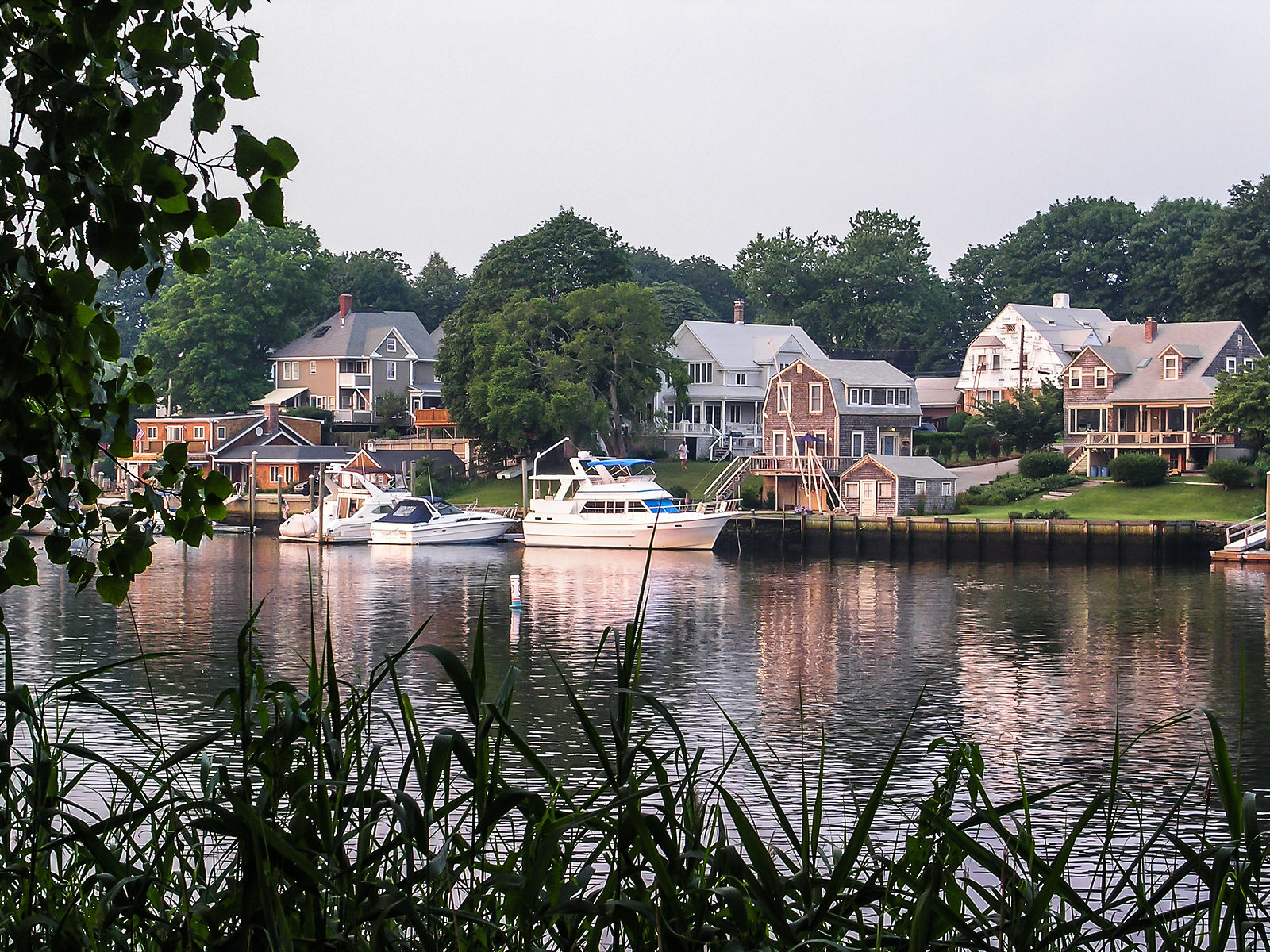Opponents of a new shoreline-access law in Rhode Island that allows the public to enter parts of private beachfront property are taking the state to federal court, arguing the statute violates homeowners’ constitutionally protected property rights.
“While public beach access may be important to state legislators and officials, they may not simply redefine private shorelines as a ‘public beach’ by the stroke of a pen, consistent with the Takings Clause of the Fifth Amendments,” the lawsuit argues.
Until the new law was enacted this summer, Rhode Island had relied on common law, rooted in a 1980s court case, to determine the boundary between a public beach and private property. That boundary was the mean high-water line, an admittedly imperfect definition because the mean high-water line could be underwater at times, such as when high tides coincided with a full moon. The new law says the public has beach access “up to 10 feet inland from the seaweed line.”
“Suddenly and Dramatically Alters Rhode Island’s Common Law”
Spearheading the lawsuit against the state is the newly formed Rhode Island Association of Coastal Taxpayers (RIACT), some of whose members own beachfront homes. By establishing a different boundary, the new law “suddenly and dramatically alters Rhode Island’s common law related to beach property boundaries, with the effect of extending the public beach into traditionally private areas,” the RIACT lawsuit alleges, the Providence Journal (July 7) reported.
“For many RIACT members, the act’s creation of a public beach 10 feet inland from the seaweed line allows the public to access and occupy their private, residential ‘backyard’ areas and opens their residential life to the constant presence of strangers, destroying privacy and raising safety concerns,” the lawsuit says.
The lawsuit adds: “RIACT beachfront property owners purchased their residentially developed coastal property with the understanding, right, and expectation of using their property for private, exclusive use, including for private family beach gatherings.”
For its part, the state plans to fight the lawsuit. Attorney General Peter Neronha (D), who is named as a defendant in the lawsuit, along with the Department of Environmental Management and the Coastal Resources Management Council, signaled on Twitter that he was prepared the fight the lawsuit, the Providence Journal reported.
“The attorney general is grateful that the General Assembly recognized Rhode Islanders’ constitutional rights to shoreline access and further codified that right into state law,” spokesman Brian Hodge said. “We are still reviewing today’s filed lawsuit, but the office stands ready to defend the law.”
PLF Enters the Fray
The state will have its hands full. In addition to local attorney Daniel J. Pocaccint of Adler Pollock & Sheehan P.C., RIACT will be represented by the California-based Pacific Legal Foundation (PLF). PLF is fresh from a high-profile victory before the U.S. Supreme Court in Sackett v. EPA, in which an Idaho couple – after 16 years of court battles – thwarted EPA’s efforts to keep them from building their dream house near Priest Lake in northern Idaho.
EPA had claimed that the couple’s bone-dry property was a wetland and subject to federal regulation. Not only did the Supreme Court slap down EPA’s overreach. It limited EPA’s regulatory authority to wetlands with a “continuous surface connection” to a navigable water of the United States. In the world of takings cases, PLF is a force to be reckoned with.
